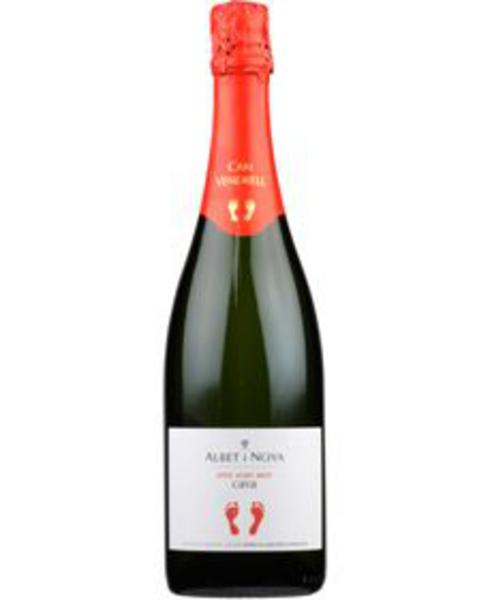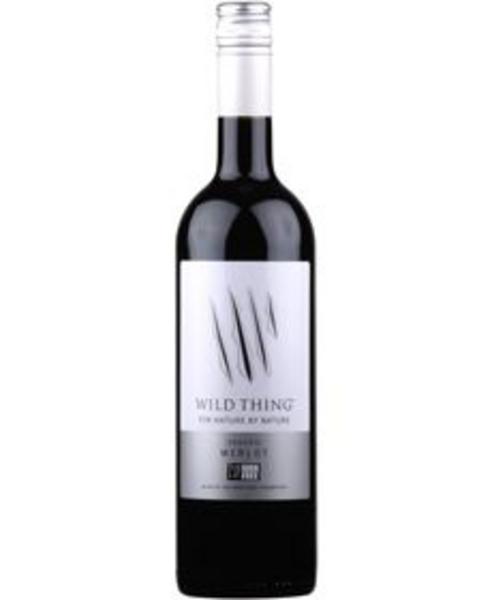Organic wines are delicious, but have other important qualities too. Read on to discover the difference between biodynamic, vegetarian, vegan and low/no sulphur organic wines.
What makes a wine organic?
A wine is described as organic if the grapes used in production have been grown under strict standards of sustainability. An organic vineyard will be growing grapes without using synthetic herbicides, pesticides, fungicides or chemical fertilisers. Instead grape farmers use crop rotation and natural pesticides such as bone meal to sustainably grow their grapes.
If you don’t use synthetic nasties when you are growing the grapes then they won’t be present in the wine. Many people believe this improves the taste and quality of the wine. Others are simply committed to supporting the organic movement for ethical and environmental reasons.
When a wine has been certified as being “made from organic grapes” then the grapes used to make that wine have come from a certified organic vineyard. Some wines may be labelled “sustainably sourced”, or “grown in organic conditions”. These wines are usually from vineyards that have chosen to maintain organic standards but not to get organic certification. Wines will NOT be labelled organic unless they have the appropriate certification.
Advantages of organic wines
- Organic wines carry a much lower carbon footprint. (according to a 2009 study in the New Scientist)
- They may contain significantly higher levels of resveratrol. (a polyphenol providing antioxidant benefits)
- Generally they have low sulphur levels, which may help reduce headaches ‘the morning after’ and also helps to reduce allergic reactions
What makes a wine biodynamic?
Pioneered by Rudolf Steiner, a biodynamic wine will have been produced to organic standards and certain other standards relating particularly to growing crops in harmony with nature. Wine produced to these standards will have a Demeter Organic label, certifying that the vineyard adheres to international Demeter standards.
Demeter farming requires an active interest in the laws of nature and the will to work with them creatively in daily activities. This includes the interaction of the sun, moon and stars (for example – lunar planting). Biodynamic preparations are used in manure and composting. Considerable time and effort are expended in improving soil fertility.
Some people think that it all sounds a little wacky, but it does result in authentic, individual wines made by the antithesis of intensive, chemical based farming.
What makes a wine vegetarian?

You might think that all wines are vegetarian because after all, grapes are vegetarian. However, in wine making animal products can be used. After fermentation, clarification (also called fining) needs to take place. This is the removal of the sediment. Wine will naturally clarify over time. Waiting many months is often not an option for winemakers so they drop a fining agent through the wine. The fining agent is usually animal gelatine or a fish based product, thus making the finished wine unsuitable for vegetarians. A vegetarian fining agent (usually egg white or a milk based product) can be used making the wine suitable for vegetarians.
What makes a wine vegan?
When wine is left for the sediment to naturally clarify, the wine is vegan. Winemakers can also use a fining agent called Bentonite (an inert clay) which is also suitable for vegans.

What makes a wine low-sulphur or no added sulphur?
Sulphites occur naturally in wine. Wines labelled ‘contains sulphites’ contain over 10 ppm (parts per million). Sulphur dioxide is also added to wine to kill off unwanted bacteria and mould and to inhibit oxygen spoiling the wine.
Some people are sensitive to sulphur (please follow this link for information on sulphite sensitivities) and it has been linked to an increase in allergic responses including asthma attacks and headaches.
You will find lower levels of suplur in certified organic and Demeter wines compared to many conventional wines. New techniques and better hygiene mean it is now possible to make No Added Sulphur wines. They are rare, but they’re growing in popularity, partly from people avoiding allergens but also increasingly from folk who simply love the taste!
See the full range of wines available for you to purchase: Click here







